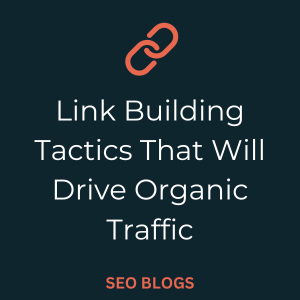Link building has long been a popular part of SEO campaigns and is the process of building links from other highly authoritative websites to your own to highlight to Google the value and authority that your website represents, and to build your own authority.
Why does it matter?
Links can significantly improve your website’s performance as they contribute to your key E-E-A-T signals, which can play a crucial role in search engine rankings across many sectors. In some instances, they are seen as a vote of trust and are a way of building your reputation and showcasing your expertise. This can potentially lead to higher rankings for your target keywords which means more traffic and more conversions – the good stuff.
The benefits stretch beyond SEO. Link-building will also directly increase your site traffic by sending visitors your way, and improve brand awareness by exposing your site to a wider audience. Essentially, it’s gold dust if you want to give your site a boost in visibility. But, link-building hasn’t always looked like this. It’s undergone a drastic transformation in the past 5-10 years, driven largely by Google’s efforts to combat dodgy tactics.
A quick link-building history
In the early 2010s, when ideas of SEO were just beginning to be thrown around, marketers focused on securing as many backlinks as possible, regardless of their quality. Building a large backlink profile was pretty easy – anyone could boost their ranking by buying links or using techniques like blog commenting.
Google’s Penguin Update in 2012 put a stop to all this, penalising websites with a suspicious link profile. This forced SEOs to shift their focus to acquiring high-quality backlinks through creating valuable content.
Now, in 2024, it’s more important than ever to have a solid strategy for link building to support SEO – and – it’s important that these links have direct relevance to your clients. This is because:
🔗Google’s algorithms are getting scarily good at identifying high-quality content. As you’ll know, it feels like they’re undergoing updates every other day, and their recent ‘helpful content updates’ place a huge priority on relevant and trustworthy sources, over merely the number of backlinks.
🔗It’s getting harder and harder to stand out. If you know about link-building, that means all your competitors probably do too. Your strategy now needs to be bigger and better if you want to win those backlinks over your competitors.
🔗Online brand awareness is playing an increasingly vital role. A strong brand presence helps you cut through the noise and establish yourself in a crowded marketplace. Plus, social media platforms are now a key place for consumers to discover new brands. For the first time, online content has the power to not just grab readers’ attention, but also nudge them directly towards a purchase. Consumers are way more receptive to positive online influences that guide their buying decisions.
The different types of Link Building
Deeper linking
Building links to your website is a crucial SEO strategy, but simply acquiring links isn’t enough. To maximise the impact, you need a strategy focused on where those links land. Many people prioritise building links to the homepage, but this often misses out on valuable opportunities.
In most cases, the pages with the best user intent match and the ones you truly want users to visit, reside deeper within your website. These are typically product or service pages – the areas that directly impact conversions and revenue. Link equity passed from the homepage to these sub-pages can be valuable, but it’s far less effective than linking to them directly.
This is where deeper page linking comes in as a popular solution. By building links directly to these relevant sub-pages, you signal to search engines that these pages are valuable, boosting their rankings in search results. Improved ranking can in turn lead to increased organic traffic, conversions, and ultimately, revenue.
E-E-A-T link building
Google has over 200 ranking factors but the increasingly most important factor is E-E-A-T or ‘expertise, experience, authoritativeness and trustworthiness’. For Google to see your site as valuable and send organic traffic your way, you need to be sending out these signals. This is especially important for websites falling into the ‘Your Money, Your Life’ category, which deals with topics that can significantly impact users’ lives. For YMYL sites, building strong E-E-A-T signals is extra important to establish credibility in the eyes of Google.
The good news is that E-E-A-T link building is not rocket science! If you’re already utilising Digital PR tactics to acquire links, you’re likely on the right track. By nature, effective Digital PR generates genuine, high-quality links that showcase your website’s expertise. However, there are specific link-building tactics for building E-E-A-T friendly links and maximising their impact on your site’s organic traffic….
- Newsjacking to put your client at the centre of the conversation
Newsjacking offers a great approach to building external E-E-A-T signals and driving organic traffic. This technique involves capitalising on trending news stories and offering fresh insights from your in-house expert. This valuable content can then be pitched to journalists for inclusion in their articles, or used to create a standalone piece showcasing your client’s expertise.
By providing authoritative commentary on a trending topic, you position your brand as a thought leader in the field, attracting high-quality backlinks that boost your website’s SEO and signal trustworthiness to Google.
For example, we recently newsjacked the Easter tablescaping trend, outreaching expert tips on decking out your table from our spokesperson at Alliance Online. This content was then distributed to relevant journalists, resulting in backlinks from authoritative outlets. Each of these links sent a positive signal to Google, indicating that our client’s website deserves a higher ranking in search results.
- Thought-leadership to showcase expertise
Similarly, thought-leadership content is a powerful tool to build trust and add organic value to your site. It’s pretty straightforward; leverage in-house experts from your client’s business to share their expertise through interviews. Having readily available bios that highlight their credentials and experience is also crucial to demonstrate their authority to journalists and Google alike.
Beyond reactive approaches like newsjacking, a proactive strategy is essential. Stay informed about upcoming events and special days for opportunities to strategically position your client’s experts in front of the media. This can lead to features in high-profile publications, generating valuable backlinks that significantly help out your website’s E-E-A-T signals and organic reach.
Another thought-leadership tactic is guest blogging on relevant sites within your client’s industry – this involves creating informative and valuable content for other established blogs or publications. The blog post would ideally include a bio of the author and a link back to their website. This not only establishes credibility, boosting your SEO, but also drives valuable referral traffic.
- Analysing data for expert content
By gathering your own data, or analysing publicly available datasets, you can create valuable content that demonstrates your client’s expertise and understanding of the field. This data-driven approach not only positions your client as an expert but also generates valuable resources that journalists are likely to reference. Combine your data analysis with clear visualisations to make your piece super linkable for journalists who want to provide their readers with reliable and engaging information.
Beyond individual data pieces, consider employing a Reverse Digital PR strategy. This involves creating content hubs on your client’s website – comprehensive resources fit to burst with data and analysis. These content hubs are the gift that keeps on giving, becoming valuable destinations for journalists seeking information. They have the potential to attract numerous backlinks over time that significantly boost both E-E-A-T signals and on-site SEO. Plus, a well-designed data-hub will not only drive traffic by attracting backlinks, but also through boosting your on-site SEO.
Let’s wrap up with some key takeaways:
➡️Link-building matters more than ever in 2024, if it’s not prioritised in your SEO strategy, it should be! It’s a golden ticket to build a strong online reputation and help Google understand why it should rank your website.
➡️Within your strategy, focus on building links to deeper, user-focused pages like product or service pages.
➡️And to get those links? Implement E-E-A-T link-building practices:
->Newsjacking: offering expert insights on trending topics
->Thought-leadership: share expertise through interviews, guest blogs and data-driven content
->Data-hubs: build resources rich with data to attract valuable backlinks
Need a hand getting started? Cedarwood Digital are an award-winning Link Building Agency with the media contacts and techniques to land you top tier, 100% earned links. Drop us a line today.

